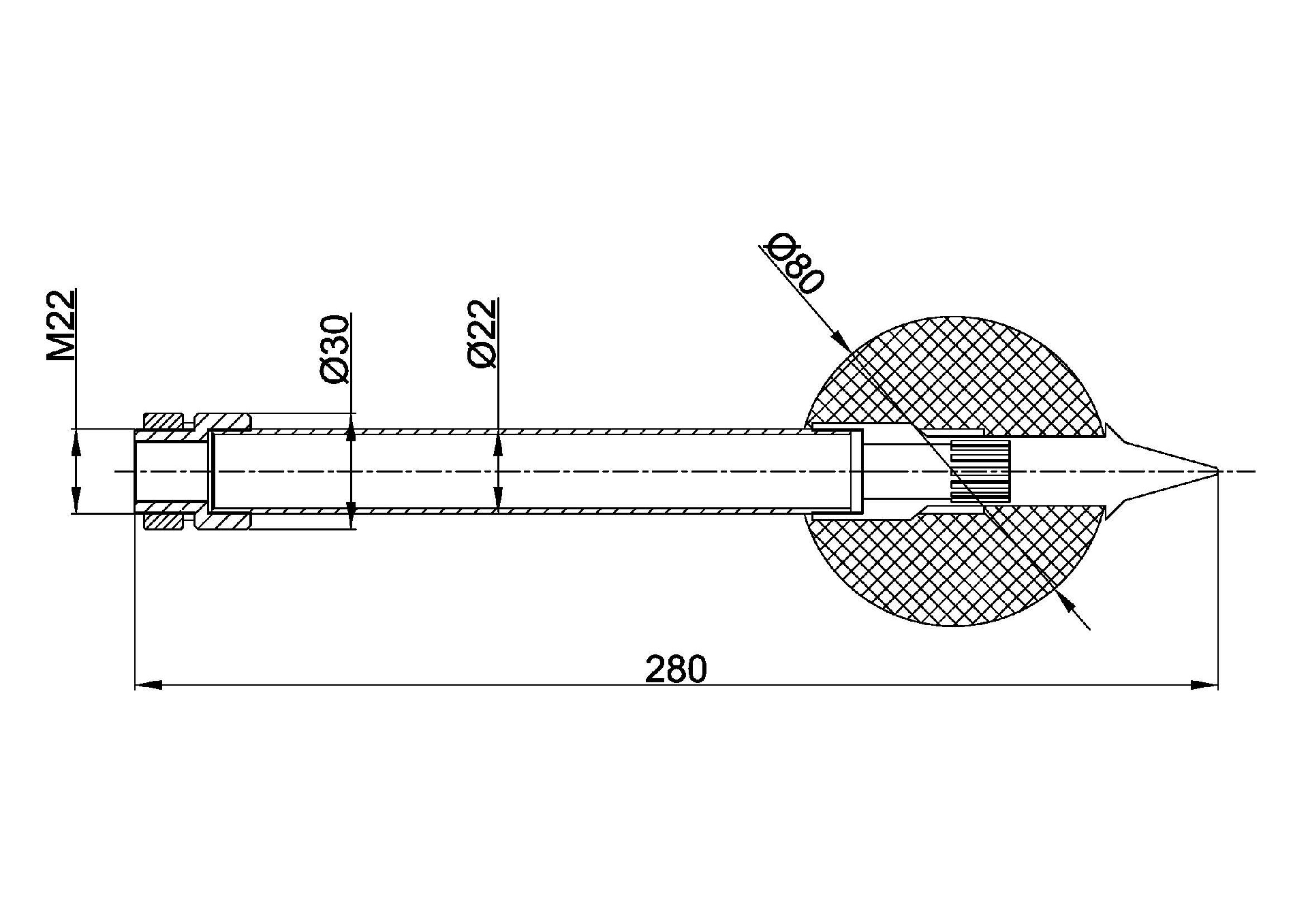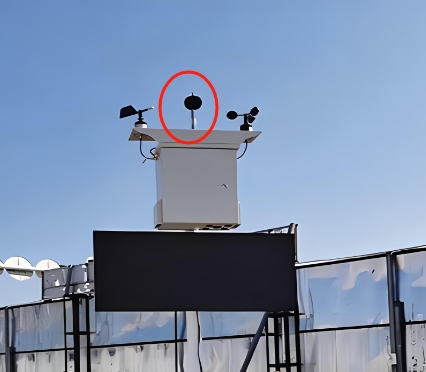

— Blogs —
—Products—
 Consumer hotline +8618073152920
Consumer hotline +8618073152920 WhatsApp:+8615367865107
Address:Room 102, District D, Houhu Industrial Park, Yuelu District, Changsha City, Hunan Province, China
Product knowledge
Time:2024-02-17 16:34:26 Popularity:456
A noise sensor is a device used to monitor and measure environmental noise levels, which are commonly used in areas such as industry, construction and urban environments. Its main role is to ensure compliance with local noise standards and regulations while protecting people's hearing health.
How noise sensors work:
Noise sensors usually contain components such as a microphone (sound sensor), signal amplifier, A/D converter (analog/digital converter), data processing unit, and power supply. The basic working principle is as follows:
1. sound detection: the microphone captures sound fluctuations in the environment and converts them into electrical signals.
2. Signal amplification: Since the signal output from the microphone is very weak, it needs to be enhanced by a signal amplifier.
3. Signal Conversion: The enhanced electrical signal is converted into a digital signal through an A/D converter for easy digital processing.
4. Data processing: The processing unit inside the noise sensor calculates the sound pressure level of the noise (usually in decibels (dB)) according to specific algorithms (e.g., integration and counting of sound level meters).
5. Output results: The processed data can be read directly from the display or transmitted to a data collection and analysis system by wireless or wired means.

Noise sensor application scenarios:
Noise sensors have a wide range of applications, mainly including:
1. Industrial noise monitoring: In the industrial production process, noisy equipment may affect the health of workers. Noise sensors can be used to monitor and control these noise sources.
2. Construction sites: Noise generated by construction activities may affect neighboring residents. The use of noise sensors can ensure that construction activities comply with regulations on noise control.
3. environmental monitoring: in urban planning and management, noise sensors can be used to monitor noise levels in traffic, living areas and other public places.
4. health and safety: in sites where noise exposure may be detrimental to workers' health, noise sensors can be used as part of preventive measures to ensure compliance with health and safety standards.
5. Noise pollution control: Through regular monitoring, hot spots of noise pollution can be identified and control measures taken accordingly.

Noise sensors provide real-time monitoring data and may also have data logging and remote transmission capabilities, making them particularly important in environmental management and industrial maintenance. In this way, problems can be detected in time and appropriate measures taken to protect the environment and public health.
Overall, noise sensors play an important role in the fields of acoustics, communications and engineering, helping in experimental research, performance testing and noise control by generating various types of noise signals.
Related recommendations
Sensors & Weather Stations Catalog
Agriculture Sensors and Weather Stations Catalog-NiuBoL.pdf
Weather Stations Catalog-NiuBoL.pdf
Related products
 Combined air temperature and relative humidity sensor
Combined air temperature and relative humidity sensor Soil Moisture Temperature sensor for irrigation
Soil Moisture Temperature sensor for irrigation Soil pH sensor RS485 soil Testing instrument soil ph meter for agriculture
Soil pH sensor RS485 soil Testing instrument soil ph meter for agriculture Wind Speed sensor Output Modbus/RS485/Analog/0-5V/4-20mA
Wind Speed sensor Output Modbus/RS485/Analog/0-5V/4-20mA Tipping bucket rain gauge for weather monitoring auto rainfall sensor RS485/Outdoor/stainless steel
Tipping bucket rain gauge for weather monitoring auto rainfall sensor RS485/Outdoor/stainless steel Pyranometer Solar Radiation Sensor 4-20mA/RS485
Pyranometer Solar Radiation Sensor 4-20mA/RS485
Screenshot, WhatsApp to identify the QR code
WhatsApp number:+8615367865107
(Click on WhatsApp to copy and add friends)